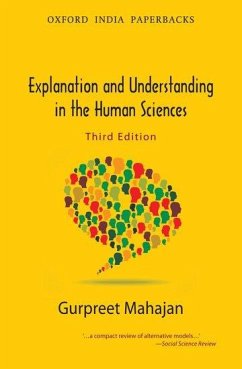Nicht lieferbar

The Struggle Over Borders
Cosmopolitanism and Communitarianism
Herausgeber: De Wilde, Pieter; Zürn, Michael; Strijbis, Oliver; Merkel, Wolfgang; Koopmans, Ruud
Versandkostenfrei!
Nicht lieferbar
A comprehensive analysis of how globalization has altered political conflict, giving a fresh perspective on the contemporary rise of populism.











![[DE] Breaking Borders to Build Bridges Cover [DE] Breaking Borders to Build Bridges](https://bilder.buecher.de/produkte/69/69617/69617735n.jpg)

